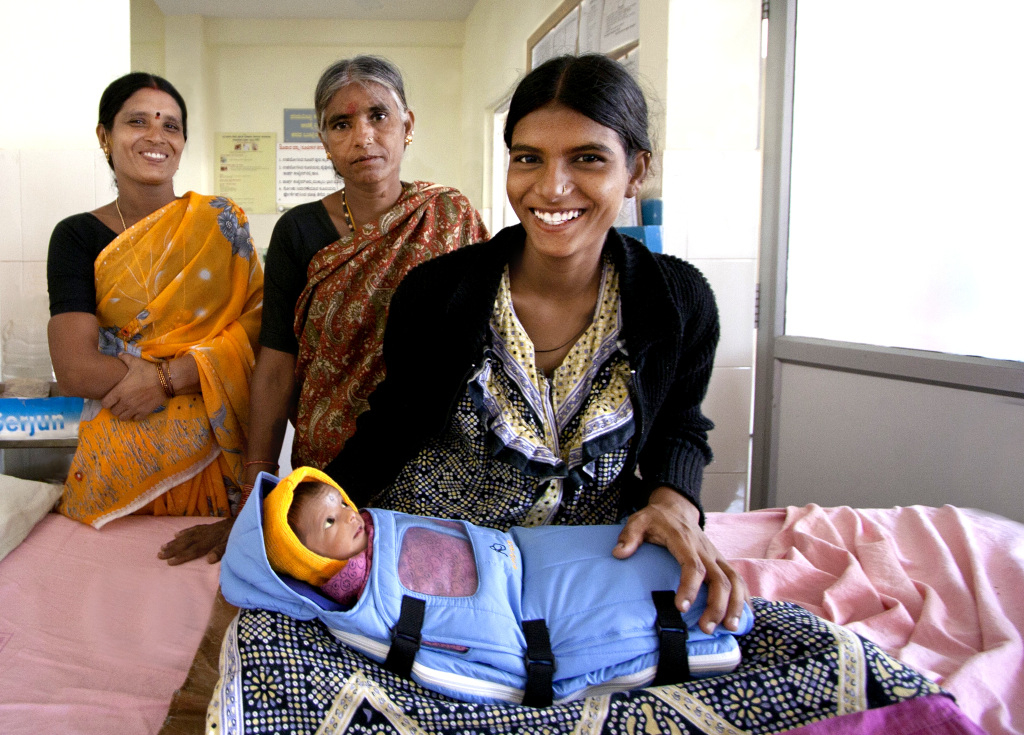Design for Extreme Affordability
Improving Lives with Low Cost Technologies
Location: Africa, Asia, and South, Central and North America
Design for Extreme Affordability – Extreme
At the Hasso Plattner Institute of
The Design For Extreme Affordability (DEA) program is a two-quarter d.school class for interdisciplinary teams of graduate students in engineering, business, medicine, education, and science. Teams partner with Bay Area organizations and partner entities in the developing world to devise tangible solutions to the pressing problems of the poor that can then be implemented on a large scale. The first quarter focuses on design thinking; during spring break, an international site visit takes place for on-the-ground review; and then the second quarter addresses prototyping, testing, and redesign. The final result is a product or service accompanied by a business model and implementation plan.
Project Redwood steps in as project teams choose to move from classroom ideas to the d.school’s Social Entrepreneurship Lab (Social E Lab). There, usually during the summer following the class, teams further evolve their fledgling business plans and
In addition to a ten-year, direct relationship between Project Redwood and DEA/Social E Lab, Project Redwood encourages its members, spouses
Grant and Support Summary and Purpose
Project Redwood’s $80,450 in grants have supported post-classroom funding for a portfolio of dozens of projects and services created by student teams. Project Redwood members have joined the DEA/Social E Lab’s judging panel in advising on the development of business plans for many of these projects.
Project Redwood’s impact in supporting the DEA/Social E Lab program is the implementation of low-cost products and services that have improved quality of life for hundreds of at-risk, disenfranchised, and severely disadvantaged people across the globe. Further, a number of team-originated, non-profit businesses have applied and been awarded grants through Project Redwood’s grant application process, thereby improving the standard of living for thousands more of the world’s poorest citizens.
For a list of projects and more about DEA and Social E Lab, click here.

Embrace is a social enterprise that aims to help millions of vulnerable babies through a low-cost infant warmer, designed for a resource-constrained area with limited or no electricity. Embrace originated as a DEA project. and was also funded by Project Redwood.